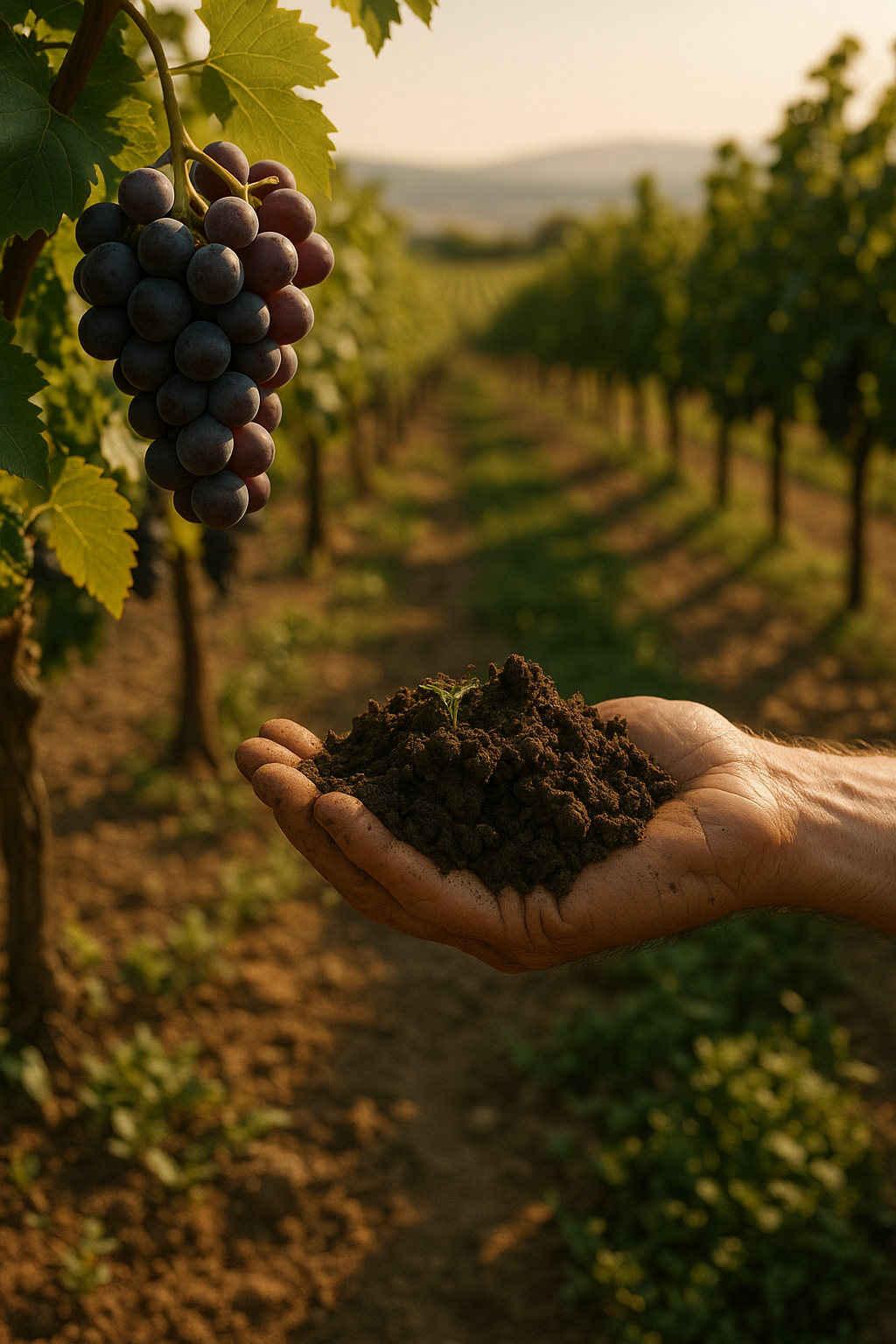
Organic Grape Variety Boosts Soil Health
Share
The Rise of Organic Grapes in Sustainable Agriculture
As consumers increasingly prioritize health and environmental sustainability, the demand for organic grapes has surged, leading to a transformative shift in agricultural practices. Organic grape cultivation not only caters to the growing market but also plays a pivotal role in enhancing soil health. Farmers are adopting methods such as cover cropping and reduced tillage, which protect the soil structure and promote biodiversity. These practices encourage beneficial microorganisms and earthworms, essential for nutrient cycling and soil fertility. Additionally, organic grapes are often grown without synthetic fertilizers or pesticides, reducing chemical runoff and promoting a more balanced ecosystem. This holistic approach not only yields healthier grapes but also fosters resilience against pests and diseases, ultimately contributing to a more sustainable agricultural landscape. As the organic grape industry flourishes, it exemplifies how mindful farming practices can harmonize economic viability with ecological stewardship, paving the way for a more sustainable future in agriculture.
How Organic Grape Cultivation Enhances Soil Quality
Organic grape cultivation plays a pivotal role in enhancing soil quality, fostering a vibrant ecosystem that benefits both the vines and the surrounding environment. By eschewing synthetic fertilizers and pesticides, organic practices prioritize the use of natural amendments such as compost, cover crops, and green manures. These methods not only enrich the soil with essential nutrients but also improve its structure and water retention capabilities.
The diversity of organic inputs encourages a thriving microbial community, which is crucial for nutrient cycling and soil health. Healthy soil teems with beneficial organisms that break down organic matter, releasing nutrients in forms that grapevines can readily absorb. Additionally, the use of cover crops helps prevent erosion, suppress weeds, and enhance biodiversity, creating a balanced habitat that supports both plant and animal life.
As organic grape growers commit to sustainable practices, they contribute to a resilient agricultural system that nurtures the earth, ultimately leading to superior grape quality and a more sustainable wine industry.
Future Implications for Farming and Environmental Conservation
As the organic grape variety continues to gain traction, its implications for both farming practices and environmental conservation are profound. The adoption of these grapes not only enhances soil health through improved microbial activity and biodiversity but also contributes to the resilience of farming systems. By reducing reliance on synthetic fertilizers and pesticides, organic grape cultivation fosters a more sustainable agricultural landscape, allowing natural ecosystems to thrive alongside vineyard operations.
Moreover, the integration of organic practices encourages farmers to adopt regenerative techniques that restore soil fertility and promote carbon sequestration, effectively combating climate change. These practices can serve as a model for other crops, demonstrating that sustainable farming is not only viable but essential for long-term agricultural success. As consumer demand for organic products rises, this shift could catalyze a broader movement towards environmentally friendly farming, ultimately leading to a more harmonious relationship between agriculture and the planet. The future of farming, therefore, lies in embracing these innovative practices that prioritize both productivity and ecological stewardship.
